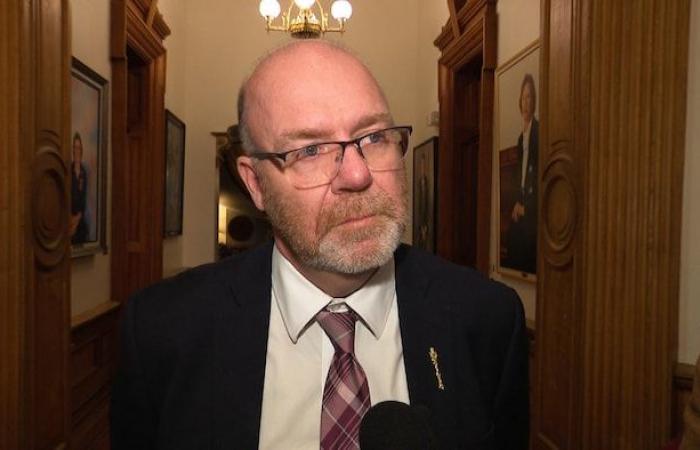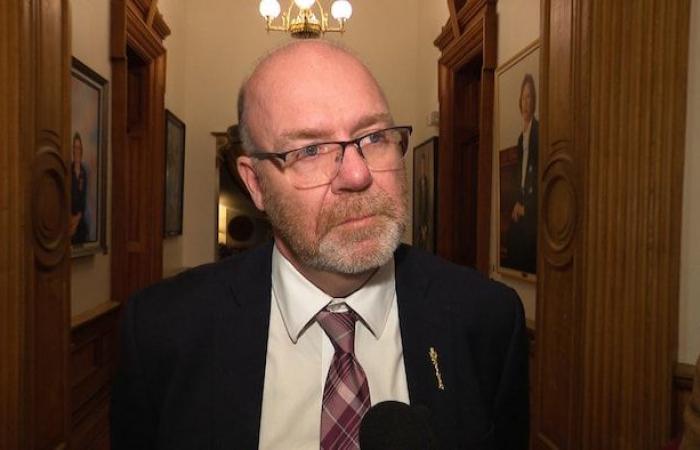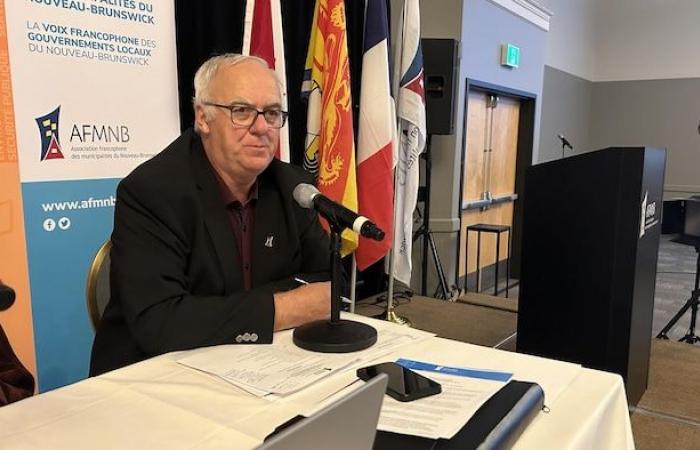Land assessments should not increase in 2026. The Holt government tabled a bill on Monday aimed at freezing them at 2025.
Land assessments reflect the market value of properties such as houses, land and commercial buildings. In new Brunswick, these evaluations have been upstairs for several consecutive years.
These evaluations are used to calculate land taxes, which are the main source of financing for municipalities.
The bill tabled by the government Holtif it is approved, aims to ensure that the land assessments of 2026 remain at the same level as in 2025.
Certain assessments should however increase such as new constructions, major renovations, sale or transfer of goods.
The objective of the measure is to relieve the owners.
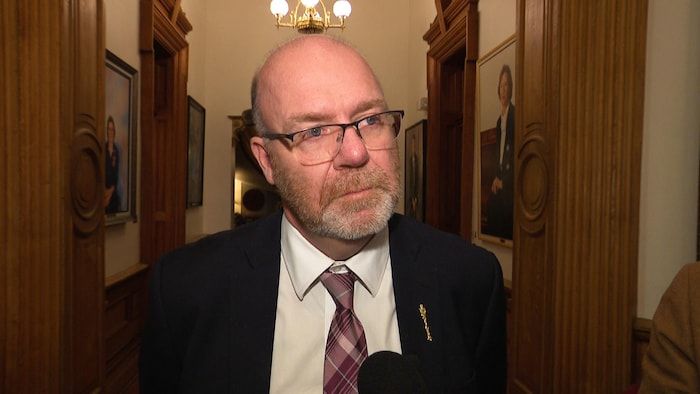
Open in full screen
René Legacy, Minister of Finance and Board of the New Brunswick Treasury. (Archives photo)
Photo : Radio-Canada
Land owners are facing challenges due to the cost of living and evaluations in recent years
explains the Minister of Finance and the Treasury Board, René Legacy, in a statement from the province.
This measure would affect 430,000 real estate, according to data from the province.
The bill is the first step towards a global land tax reform, explains Fredericton. This one is essential to provide predictability and equity to landowners in the province
.
Municipalities deplore the decision
This bill does not do everyone’s business. The French-speaking Association of New Brunswick Municipalities (AFMNB) estimates that this freeze weakens municipal autonomy
.
L’Offmnb And the Union of Municipalities of New Brunswick (UMNB) believe that the measure could cost the municipalities 58 million.
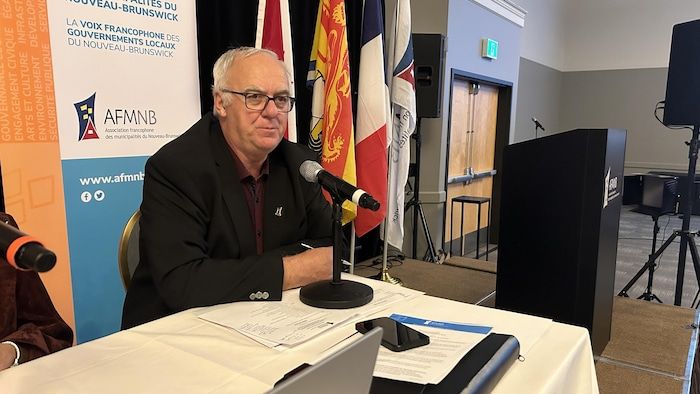
Open in full screen
The president of AFMNB, Yvon Godin. (Archives photo)
Photo : Radio-Canada / Serge Bouchard
According to the two associations, they depend at 85 % of land taxes as well, freeze tax assessments does not remove the needs, this simply transfers the burden to local governments and complicates the financing of the services. Without income growth, tax rates will have to increase
.
The municipalities have been demanding since 2023 a tax reform which would make municipalities less dependent to property tax thanks to more stable funding.
A freezing of evaluations is not a reform of the property tax
support Brittany Merrifieldpresident of theUmnb.

